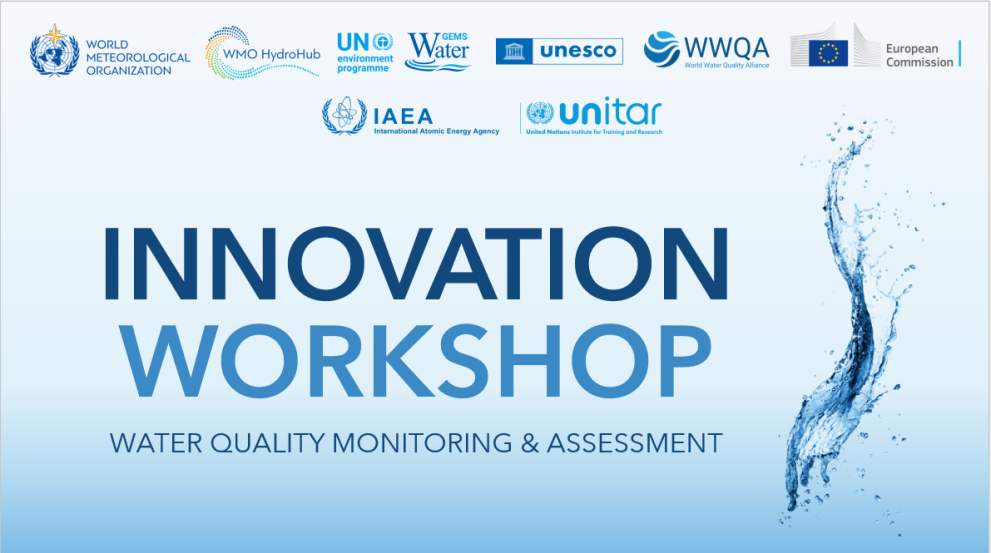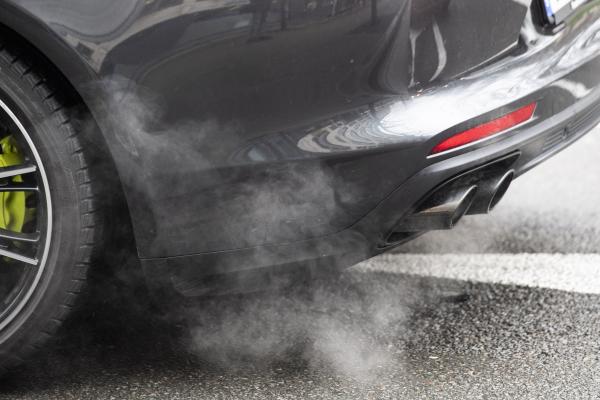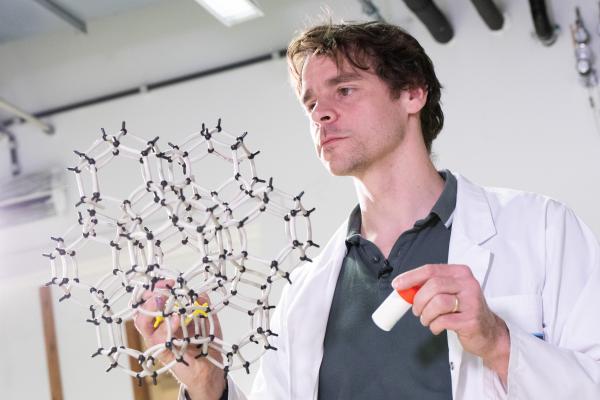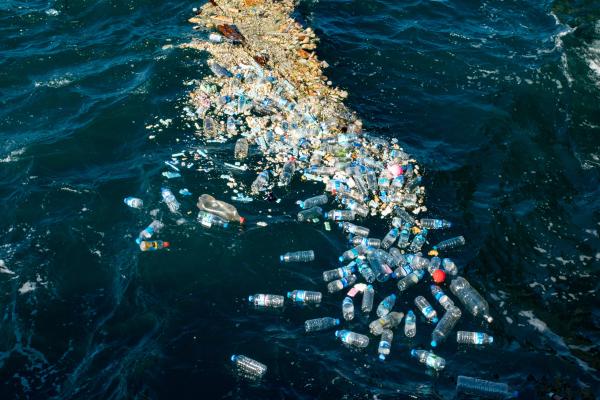
During the Innovation Workshop, participants engaged in focused and deep discussions and received expert input. The bulk of their time was dedicated to group and subgroup activities aimed at finding tangible solutions to the challenges they identified.
The challenges addressed and their key results included:
Data to Action: Transforming data into actionable insights for water stewardship (led by DataStream)
This challenge marks a crucial starting point for global conversations on optimizing the utility of water quality data obtained through various means of data collection, including through citizen science initiatives, research projects, formal and informal monitoring programmes etc, a resource both costly to collect and intricate to manage and share. Participants developed a practical framework designed to assist water practitioners and advocate in translating raw data into actionable insights for decision-makers. Affectionately called the "Data Persuader", the framework leads users through a series of questions, helping them identify their data synthesis, interpretation, and communication needs. Working step by step through the whole framework culminates in a customized toolbox with practical resources for effectively communicating data to the practitioner’s intended audience.
Empowering citizen scientists to improve water quality, from monitoring to action (led by National Water Resources Management Agency of Sierra Leone)
This challenge calls for improved mechanisms to empower citizen scientists and their communities to better understand, communicate and act upon the information generated by their measurements. It aims to expand citizen science activities and normalise their inclusion in national monitoring programmes. By experimenting with novel models of recruitment, engagement, feedback and incentivization, this challenge identifies that there is no “one size fits all” solution and that appreciating local context is critical to success. Enhancing public awareness of these successes will help to communicate that through citizen science, we each possess a voice on water quality issues, and that we can use this voice to protect and restore our water resources. To support this work, recommendations and guidelines are being prepared to promote citizen science data and their integration into national authorities' monitoring activities.
Melding AquaWatch & Global Indigenous Knowledge (MAGIK) (led by GEOAquaWatch and AquaWatch Australia)
For Indigenous communities, healthy water is intrinsically linked to the health of their land and their people. Indigenous communities have cared for their water for generations, and in some areas have used it sustainably for tens of thousands of years. Western science can help address new water quality challenges emerging through climate change, habitat loss and resource development. Sharing knowledge, science and data between Indigenous and Western science is vital to achieving truly sustainable water quality for generations to come. As custodians of the water, and as citizens, Indigenous communities also have a right to be included in decisions impacting the quality of the water they depend on to support their lives and livelihoods. A report from this workshop will be shared through the Freshwater Challenge, GEO AquaWatch, AquaWatch Australia and the GEO Indigenous Alliance. Outcomes from this workshop were featured as a Showcase presentation at the Cape Town GEO Week Ministerial meeting in November 2023, raising awareness of this issue throughout the global Earth observation community. The momentum generated through this workshop, ongoing discussions and active collaboration will be instrumental in determining the next actions.
Routine Monitoring of Antimicrobial Resistance in Water (led by Resistomap)
The outcome was a proposal for an adaptable global framework for routine monitoring of antimicrobial resistance in water. The recommendation is to set up centralized regional laboratories for monitoring both wastewaters and natural waters, with the double purpose of AMR surveillance for public health and the reduction of AMR pollution in the environment. The initiative outlines a three-steps implementation approach covering management, policy and governance over the short, medium and long term. In addition to the publication of a scientific article, proposed follow-up actions are a project for global surveillance of AMR in water resources and a pilot project in five low and medium-income countries.
In total, five peer-reviewed articles are currently being submitted – one article by workshop organizers and four articles (one per challenge) by workshop participants – to capture the results, recommendations and lessons learned from the workshop and to effectively convey them to diverse experts and stakeholders. Stay tuned!
The workshop yielded not only immediate outcomes, such as relationship building and new partnerships, but also laid the groundwork for long-term endeavours as highlighted above.
This story highlights the collective resolve of UN agencies and practitioners to address the complexities of water quality management, shaping a brighter and more sustainable future for water resources worldwide.
Bringing together the expertise and knowledge of multiple practitioners from across the world and with diverse personal and professional backgrounds in a hackathon setup that fosters co-creation of innovative solutions to the well-defined challenges has proven to be an effective method to tackle wicked problems through collective intelligence process.
Note: This text was published on World Meteorological Organisation on Monday 15 January.
Details
- Publication date
- 25 January 2024
- Author
- Joint Research Centre
- JRC portfolios




